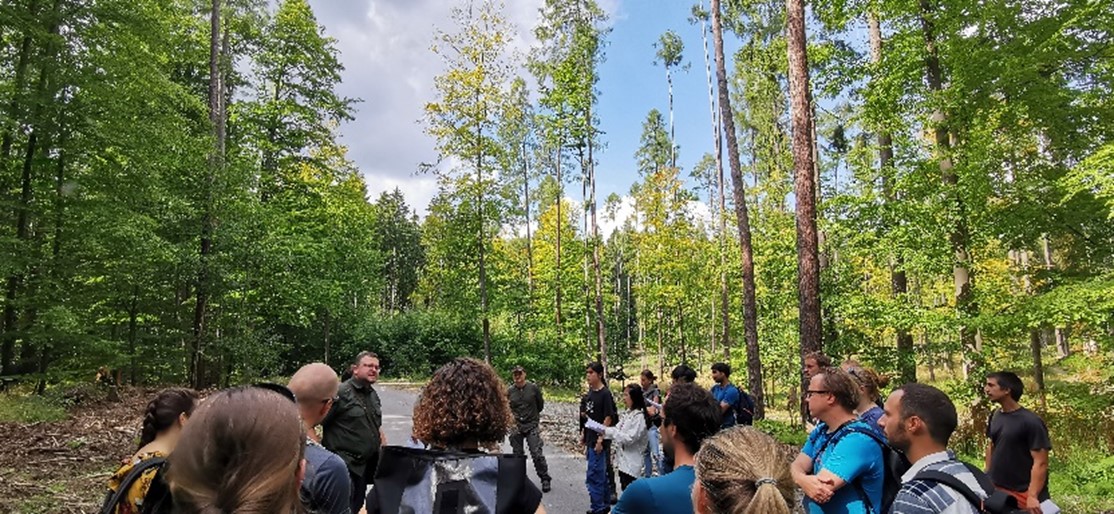
Blog post by Hugo Lambrechts.
As I sit down to reflect on my four-year journey with the PyroLife Innovative Training Network, a sense of accomplishment and enlightenment fills my thoughts – it has surely been a journey. Four years is a long time (a toddler learns the basics of life in just 4 years) and probably the first two years in a global pandemic made it seem longer. Vivid memories that cross my mind are starting remotely in South Africa due to COVID19 travel restrictions, arriving at an apocalyptically empty Cape Town International Airport to catch a flight to a deserted Schiphol International Airport in Amsterdam; colleagues in the Netherlands bringing me food and supplies while I was in quarantine, the first time in a course forgetting a little bit about social distancing at the European Forest Management Summer School in Křtiny, Czech Republic, the first in-person Pyrolife course in Solsona, Cyprus, and the list is long…
PyroLife promised an innovative approach to wildfire management, focusing on integrated fire management and the value of innovation through exchange, adoption, and adaptation. Looking back, it’s clear that this journey has not only shaped my understanding of wildfire science but also prepared me to be part of a new generation of leaders in integrated fire management.
Fieldtrip visiting the forests of the Brno University in Czech Republic with various PhD’s from across Europe during the European Forest Management Summer School organized by Wageningen University and the PERC graduate school in 2021.
The Beginning of a Transformative Journey
Joining PyroLife, I was already sold by its unique research methodology, which emphasised integrated fire management. The idea was to not just focus on firefighting but to approach wildfire management through a holistic lens, considering climate science, ecology, and the socio-economic aspects influencing fire risk and resilience. This methodology resonated with me, highlighting the importance of understanding fire in the context of climate change, stakeholder participation and human interaction with the landscape.
Innovation through Exchange
One of the most enriching aspects of my PyroLife experience was the emphasis on exchange. We were encouraged to engage not only within our Member States but also with international partners, fostering a global dialogue on fire management. This exchange went beyond the traditional academic boundaries, involving cross-risk approaches and connecting science with practice. It was about breaking down silos and fostering interdisciplinary collaboration to address the complex challenges of wildfire management.
The programme’s focus on connecting people to effect change was transformative. It wasn’t just about exchanging knowledge; it was about building a community of practice, a network of professionals and researchers dedicated to advancing integrated fire management. This community became a source of support, inspiration, and collaboration, pushing us to think creatively and work innovatively.
Getting to network with great people during my secondments with the a.) Catalan Technology and Forest Science Centre (CTFC) in Catalonia (picture on top of Pedraforca) in 2022 and b.) European Forestry Institute (EFI) in Barcelona in 2023.
Core Focus Areas of PyroLife
PyroLife’s core focus areas were carefully chosen to reflect the pressing needs of our time. The project aimed to manage fire risk to promote landscape resilience and reduce vulnerability, using climate science and ecology as tools. This approach necessitated a departure from solely advancing these fundamental sciences to applying them in practical, impactful ways.
Another focal point was the cross-fertilisation of knowledge between Mediterranean Europe and temperate NW Europe. This exchange was eye-opening, as it showcased how lessons learned in one region could be adapted and applied in another, potentially serving as a model for other regions facing similar challenges. This aspect of PyroLife underscored the universality of some fire management challenges and the adaptability of solutions across different landscapes and climates.
The programme was not just about conducting research; it was about preparing us, the participants, to ‘lead the way’ in Living with Fire.
On the occasion when many ESR’s were present in one country, we made plans to get together. Here a meeting between PyroLife ESR’s and Cathelijne Stoof in the Netherlands during the summer of 2021.
Living with Fire: The Way Forward
Reflecting on the challenges we faced, it became increasingly clear that the way forward lies within Europe and with its international partners. Integrated fire management requires a global perspective, recognising that wildfires are a shared challenge that crosses borders. The solutions, therefore, must be collaborative, innovative, and adaptable.
The PyroLife programme has instilled in me a deep appreciation for the value of interdisciplinary approaches and international collaboration. It has shown me that managing wildfires in the context of climate change requires not just scientific knowledge, but also a deep understanding of human and ecological systems, policy, and governance.
After a workshop on cooperation on fire management in the UN buffer zone between north and south Cyprus during the PyroLife training event “Making Change: Science Policy Interactions” organised by CERIDES (European University of Cyprus) and EFI (2022).
Lessons Learned and the Path Ahead
As I look to the future, I carry with me the lessons learned from PyroLife, the process of working towards a PhD thesis and the many ups and downs that came with that. The importance of resilience, the power of community, and the need for adaptive management strategies are principles that will guide my work in integrated fire management. The programme has equipped me with the tools to not only (try to) understand the complexities of wildfire management but also to contribute to meaningful solutions.
The journey through PyroLife has been more than an academic pursuit; it has been a transformative experience that has prepared me to be part of the solution to the global challenge of wildfires. As we face an uncertain future with climate change, the principles of integrated fire management, innovation through exchange, and the training of future leaders will be more critical than ever.
In closing, my participation in PyroLife has been a privilege. I would like to thank all the people: Early Stage Researchers, international partners, trainers, and collaborators for their contribution to the PyroLife experience. Hope to meet again in the future. It’s a privilege to have been part of a cutting-edge programme focused on such a relevant global issue and to be part of this network of knowledge and experience. As I move forward in my career (and am finishing my thesis), I am committed to living up to the ideals of PyroLife, fostering resilience, promoting sustainable landscapes, and contributing to a world that is better prepared to live with fire. 🔥 🔥 🔥
Visiting the area around Montserrat during the PyroLife training event “Understanding fire: Human dimensions and planning” organised by the CTFC and PauCosta Foundation (2021).



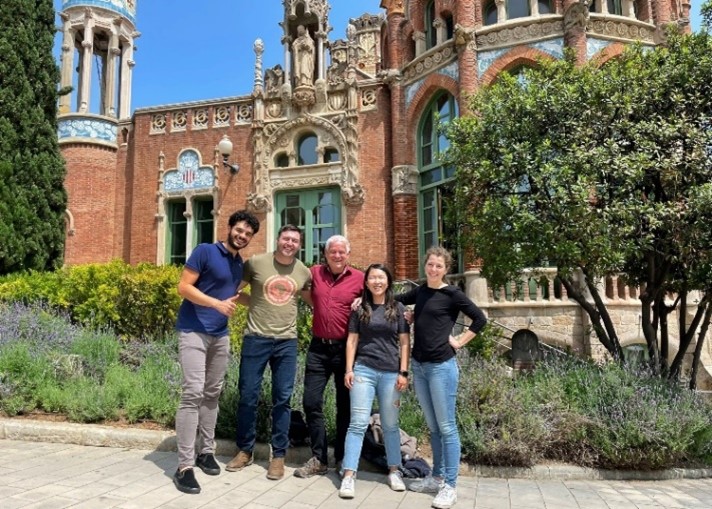
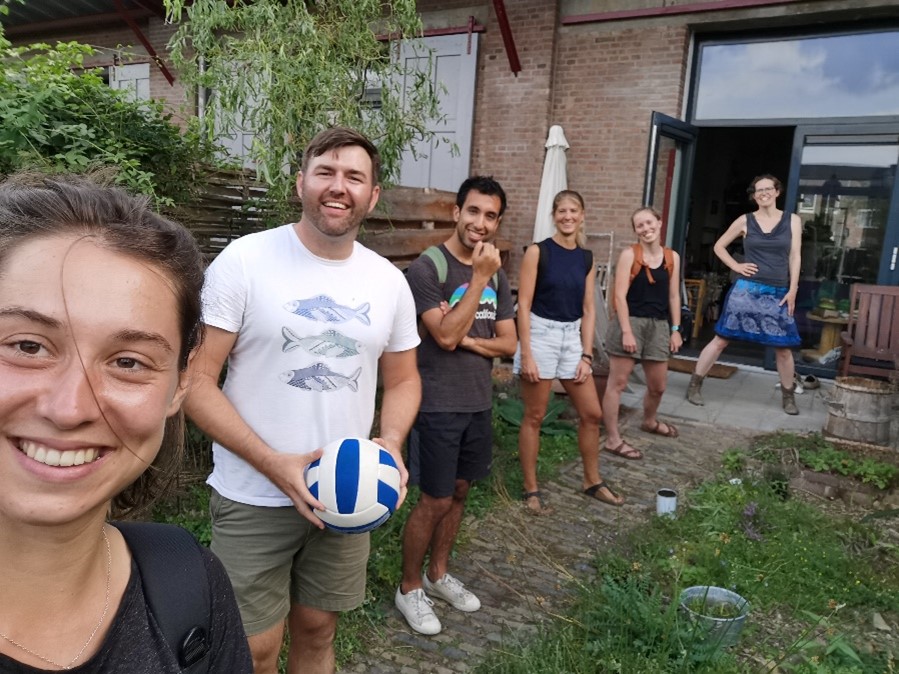
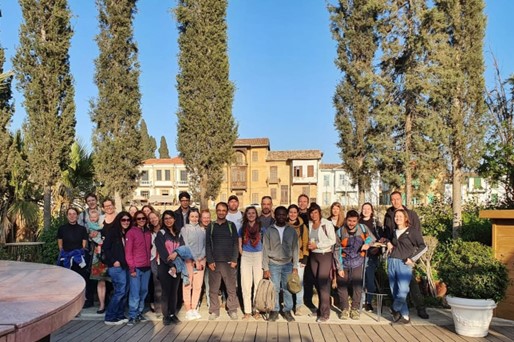
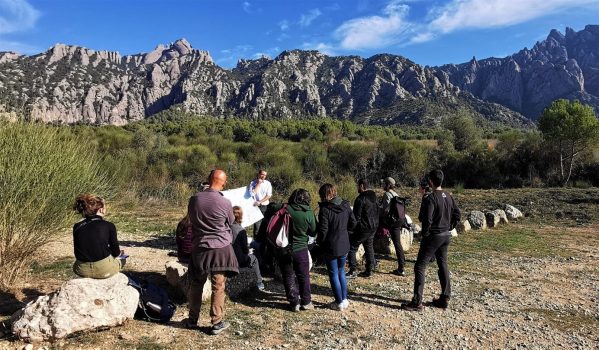

Leave a Reply